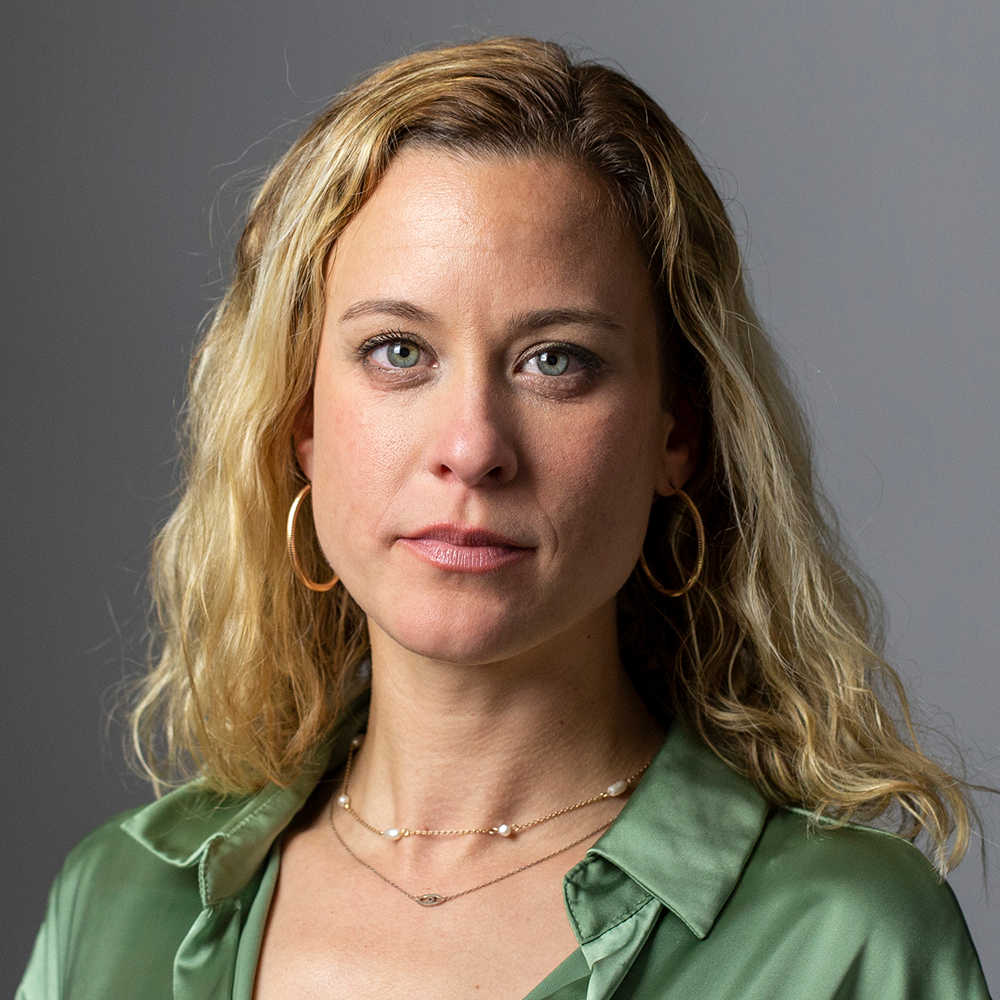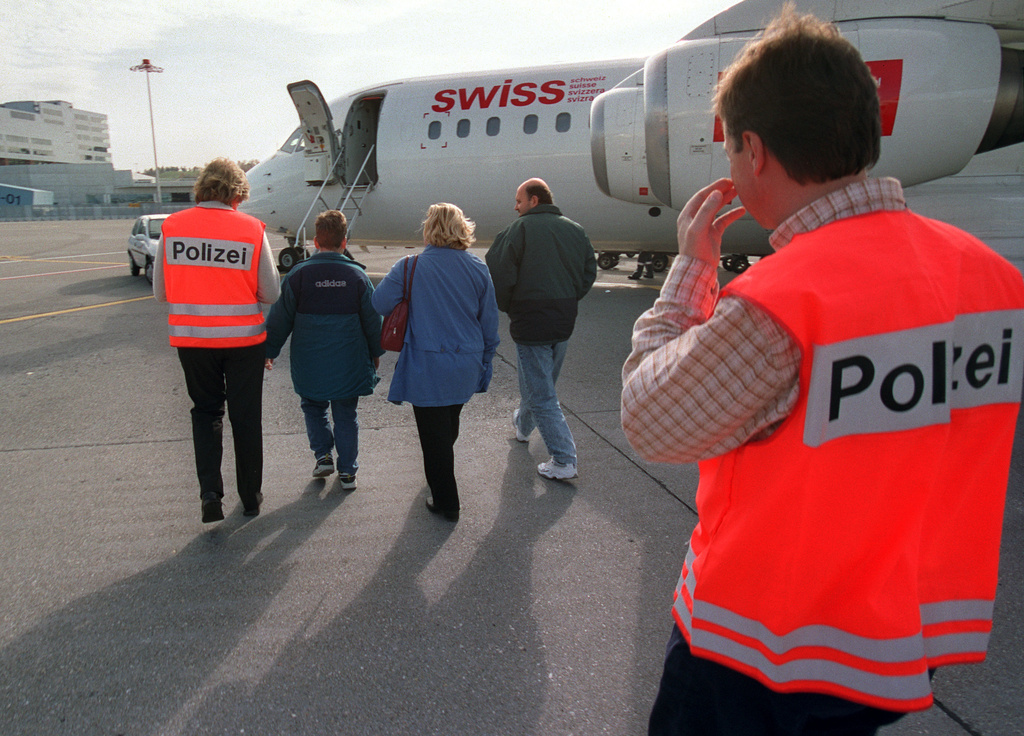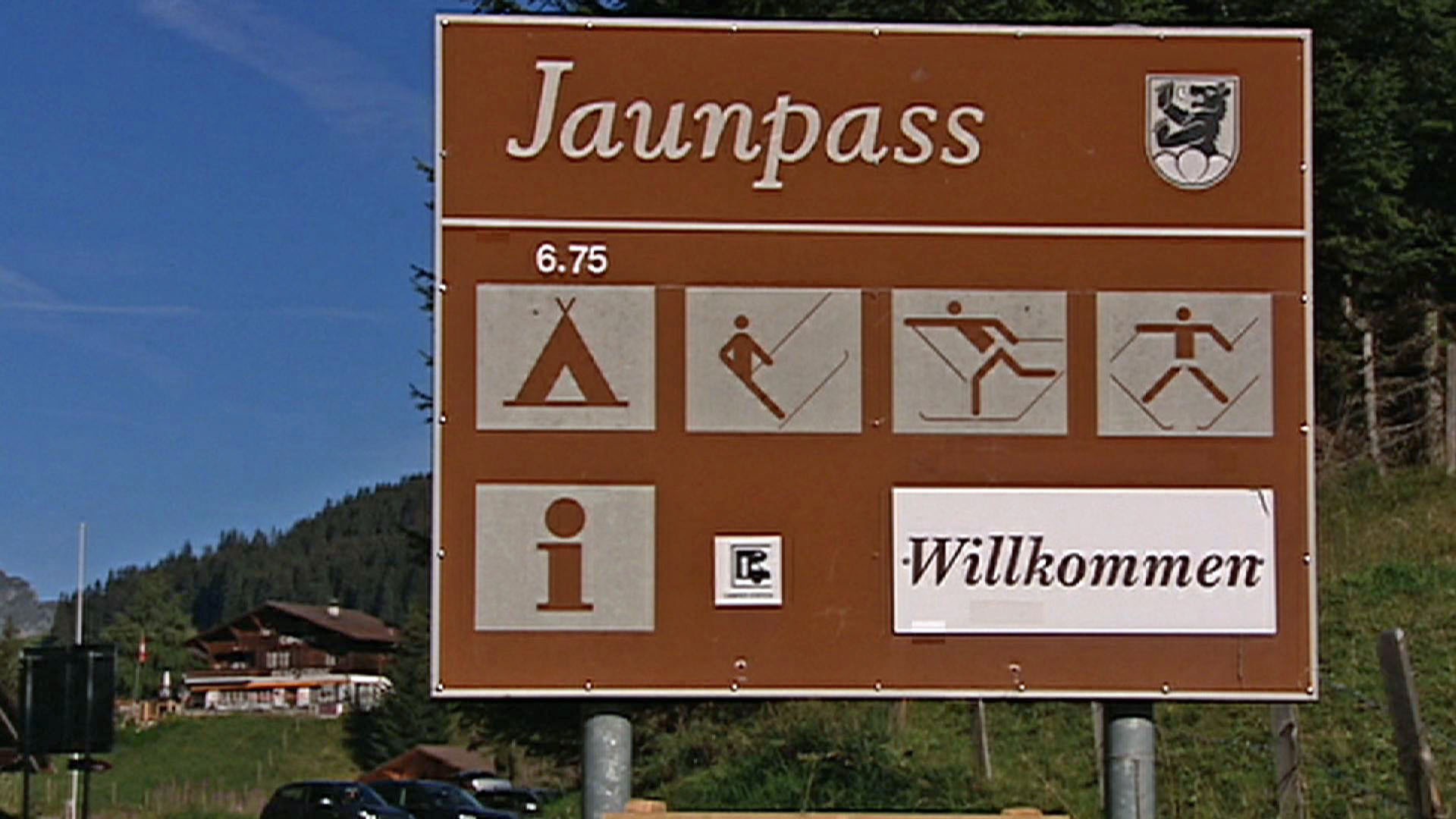Asylum seekers go underground

Around 1,700 asylum seekers went missing in 2011 shortly before they were due to be transferred from Switzerland to another European country as part of the Dublin Convention.
The Dublin agreement, which Switzerland joined in 2008, stipulates that the country where a person first applies for asylum is responsible for that individual’s asylum process. Asylum seekers who travel to another country and reapply for asylum are sent back to the country where they first applied.
Of the 7,000 such cases handled by the Swiss immigration authorities in 2011, around 3,600 people were sent back to one of the nearly 20 participating countries. Some have not yet been sent back on technical grounds.
In 1,700 cases the paperwork for their return had been completed but the asylum seekers disappeared, Jürg Walpen of the Federal Migration Office confirmed. It is unclear whether they remained in Switzerland.
Walpen said the numbers have been increasing over the past few years, partly as a result of widely differing policies by the cantons.
However, no detailed data is available.
Reform
Swiss detention centres for such asylum seekers are currently overstretched.
Asylum law is currently being revised by the Swiss parliament to speed up asylum procedure and fight abuses of the law. Also under the proposals the government would be able to fund the construction of new cantonal detention centres to accommodate asylum seekers who are being deported.
The Dublin asylum agreement aims to regulate the asylum proceedings among nearly 20 European states.
In Switzerland, the federal authorities are responsible for asylum proceedings, but it is up to the country’s 26 cantonal authorities, which enjoy considerable autonomy, to implement the policy.
There were 22,551 asylum applications submitted in Switzerland in 2011 – up by about 45 per cent on that in 2010 and the highest figure since 2002.

In compliance with the JTI standards
More: SWI swissinfo.ch certified by the Journalism Trust Initiative












You can find an overview of ongoing debates with our journalists here . Please join us!
If you want to start a conversation about a topic raised in this article or want to report factual errors, email us at english@swissinfo.ch.